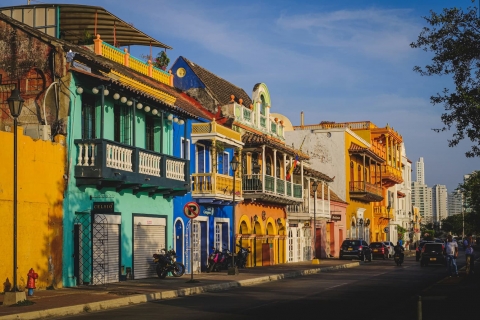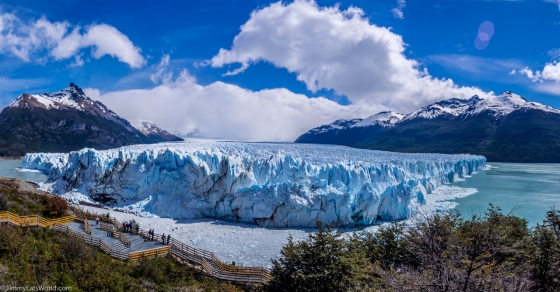Golondrinas Weather and Climate: A Comprehensive Guide
The climate in Golondrinas is marked by big temperature swings throughout the year.
Temperatures range from pleasant during the warmest months
to cold in the cooler months.
It is also known for its large amounts of rain/snowfall.
Let's now guide you through the climate details for a complete overview.
Average maximum day and minimum night temperature
In Golondrinas, temperatures differ significantly between summer and winter months. Typically, average maximum daytime temperatures range from a pleasant 21°C in February to a chilly 5°C in the coolest month, July.
Nights are cooler, with lows often dropping to around -3°C during the colder months. Check out our detailed temperature page for more information.Temperature ranges by month
Precipitation and rainy days
Golondrinas experiences significant rain/snowfall throughout the year, averaging 1566 mm of precipitation annually. The climate in Golondrinas shows significant variation throughout the year. Expect heavy snow/rainfall in June, with an average of 239 mm of precipitation over 12 snowy/rainy days. In contrast, January offers drier and sunnier days, with around 62 mm of rainfall over 4 rainy days. For more details, please visit our Golondrinas Precipitation page.The mean monthly precipitation over the year, including rain, hail and snow
partly cloudy and rain almost clear and no rain clear and no rainForecast for Golondrinas
Select a Month of Interest
Check the conditions for any month of the year.
The best time of year to visit Golondrinas in Argentina
During the months of January and February you are most likely to experience good weather with pleasant average temperatures that fall between 20°C and 26°C.Other facts from our historical weather data:
Most rainfall (rainy season) is seen in May, June, July and August.
February has an average maximum temperature of 21°C and is the warmest month of the year.
The coldest month is July with an average maximum temperature of 5°C.
June tops the wettest month list with 239 mm of rainfall.
January is the driest month with 62 mm of precipitation.
No idea where to travel to this year? We have a tool that recommends destinations based on your ideal conditions. Find out where to go with our weather planner.




